Oral health plays a huge role in your overall well-being. Healthy teeth and gums make it easier to eat, speak,…


Oral health plays a huge role in your overall well-being. Healthy teeth and gums make it easier to eat, speak,…
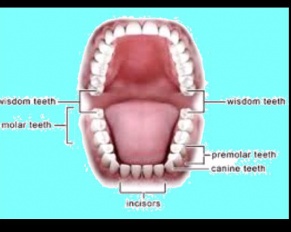
If you’re a teenager or young adult in Livingston, you’ve likely heard about wisdom teeth. Also sometimes called third molars,…
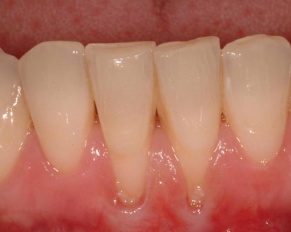
Ever look in the mirror and notice that your teeth seem longer or your gums look like they’re pulling back?…
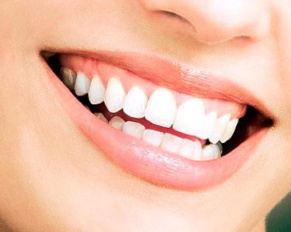
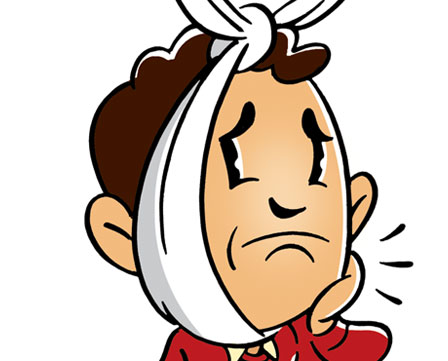 “This toothache is killing me!” Okay, this might be an exaggeration, but if you have a toothache now, or have ever had one in the past, you probably don’t think so. Anyone who has never had a toothache cannot possibly know the pain, not to mention the disruption it can cause in your life. You have trouble eating because you can only eat on one side of your mouth, and you often can’t stand any food that’s too cold or too hot. (And how many of the foods you love does this eliminate? In those cold Essex County winters, you can’t drink anything hot, and in those warm Jersey summers, you can’t eat anything cold!) You have trouble sleeping because the pain keeps you awake unless you reach, yet again, for pain killers. Yes, a toothache only seems like it’s not a big deal to a person who’s not suffering from one. So what caused your toothache?
“This toothache is killing me!” Okay, this might be an exaggeration, but if you have a toothache now, or have ever had one in the past, you probably don’t think so. Anyone who has never had a toothache cannot possibly know the pain, not to mention the disruption it can cause in your life. You have trouble eating because you can only eat on one side of your mouth, and you often can’t stand any food that’s too cold or too hot. (And how many of the foods you love does this eliminate? In those cold Essex County winters, you can’t drink anything hot, and in those warm Jersey summers, you can’t eat anything cold!) You have trouble sleeping because the pain keeps you awake unless you reach, yet again, for pain killers. Yes, a toothache only seems like it’s not a big deal to a person who’s not suffering from one. So what caused your toothache?

The causes of a toothache are many. Thankfully, the preventions are many more. For most people, preventing a toothache is often as easy as eating the right kinds of foods and setting aside just a few minutes each day to concentrate on good oral care. Staving off a toothache naturally can be the simplest and most cost effective way to living a life free of tooth and mouth problems. Top dentists in Essex County offer the following five natural ways to prevent a toothache in order to remain tooth-pain-free.
You already know it, but it bears repeating: preventing a toothache starts by preventing tooth problems in the first place. Unless you’re battling a situation that makes toothache prevention difficult such as dry mouth caused by medications or a medical condition, in most cases, bad oral hygiene is the root cause of toothaches. So wait … then doesn’t that mean that good oral hygiene is the root cause of prevention? Absolutely!
 No one is immune to getting a toothache. Though many ailments in life tend to fall on older people, to be candid (and obvious), anyone who has teeth can get toothaches. The causes of toothache in young adults typically involve what they eat and how they care for their teeth. Unfortunately, young people often don’t eat the type of diet that enables optimum oral care. Foods that contain refined sugars and starches are among the worst culprits for poor diet among young adults. Even juices that are considered healthy can lead to toothaches. Another miscreant that causes toothaches in young adults is dental hygiene, particularly if they find themselves too busy to stop for a good brushing or flossing. Finally, not visiting a dentist on a regular basis is a big cause for toothaches in young people who often don’t have the means or insurance to see a professional. Family dentists in South Orange have compiled information about the causes of toothaches in young adults, as well as remedies. For more information about ways to reduce the risk of toothache contact a top dentist near you today.
No one is immune to getting a toothache. Though many ailments in life tend to fall on older people, to be candid (and obvious), anyone who has teeth can get toothaches. The causes of toothache in young adults typically involve what they eat and how they care for their teeth. Unfortunately, young people often don’t eat the type of diet that enables optimum oral care. Foods that contain refined sugars and starches are among the worst culprits for poor diet among young adults. Even juices that are considered healthy can lead to toothaches. Another miscreant that causes toothaches in young adults is dental hygiene, particularly if they find themselves too busy to stop for a good brushing or flossing. Finally, not visiting a dentist on a regular basis is a big cause for toothaches in young people who often don’t have the means or insurance to see a professional. Family dentists in South Orange have compiled information about the causes of toothaches in young adults, as well as remedies. For more information about ways to reduce the risk of toothache contact a top dentist near you today.
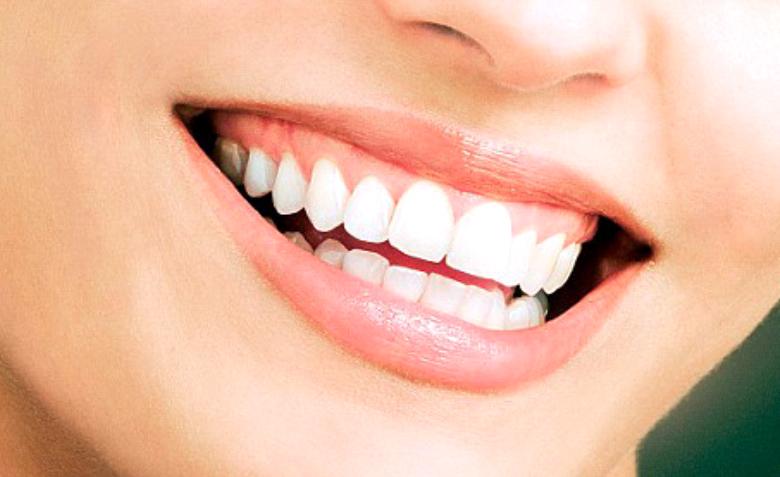 You may gaze into the mirror and simply see a set of pearly whites grinning back at you, but those teeth are a little more complex in their composition – more than you probably have ever thought about.
You may gaze into the mirror and simply see a set of pearly whites grinning back at you, but those teeth are a little more complex in their composition – more than you probably have ever thought about.
When you think of it, your teeth are challenged every day to withstand icy cold or steaming hot drinks, or to crunch down and pulverize every piece of food that you put into your mouth. We’ve had our current teeth since we outgrew our baby teeth and got the permanent set, and, for some, old cavities or dental issues forced us to get crowns so that our old metal fillings were not so unsightly.